Is 'organic food' just a 'state-of-the-art fraud'? Or is it really healthy?

by rawpixel.com
It has become increasingly common to see the word "organic" at a supermarket, but in reality there is no absolute definition in the word "organic". Organic food that seems to have done somehow good when purchased, is it really good for health? Is it important to purchase organic foods? It is explained in an easy-to-understand manner by animation.
Is Organic Really Better? Healthy Food or Trendy Scam? - YouTube
In the past few years the popularity of "organic foods" has exploded and became more commonly spoken in conjunction with social responsibility and morality, not just "one choice".

However, organic foods, which are said to be healthy and ethical, do not actually have internationally unified standards, and different organizations have their own standards.
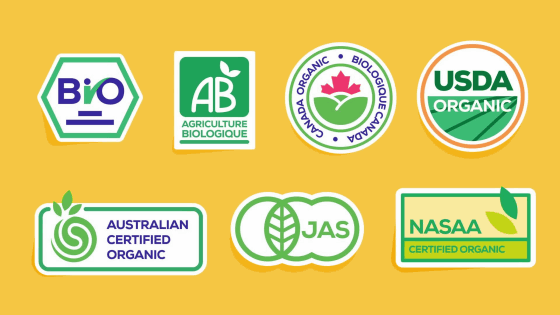
In many cases, "organic" refers not to genetically engineered crops (GMO) but to artificial fertilizers and to artificial insecticides, farmers of organic foods use organic fertilizers, traditional methods It is believed to make crops with.
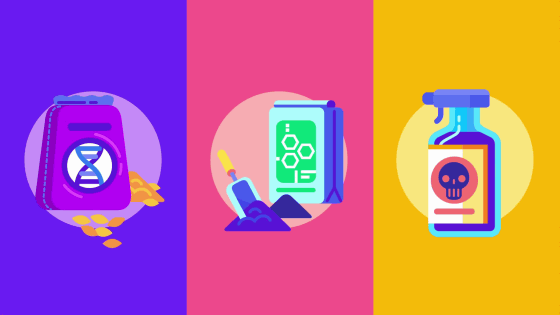
So, in fact, is "organic food" healthy? Where I am concerned.
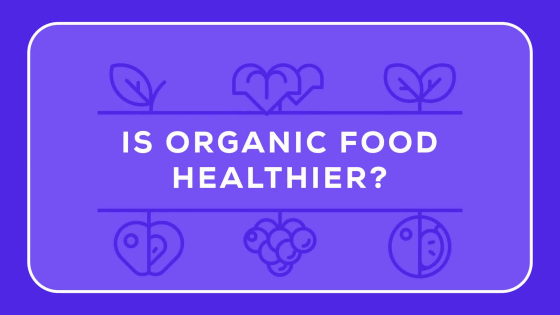
Many people think that 'crops bred in a natural way are healthy and nutritious'.
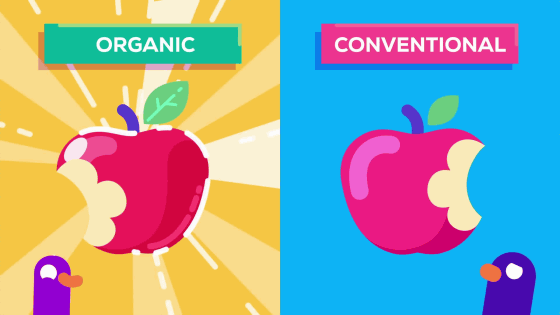
Science research done so far shows that organic crops contain more antioxidants . Antioxidant substances are thought to be good for human health, but on the other hand, they are scientifically understood, such as "how good is it for health", "how it acts on the human body", "how much should it be ingested" There are also many things that are not there.

Regarding the nutritional value of organic crops, the results of the research varied and some studies showed that "organic crops are rich in vitamin C and omega-3 fatty acids ", and "There is a change in nutritional value between organic and non-organic crops There is something that says "There is no."
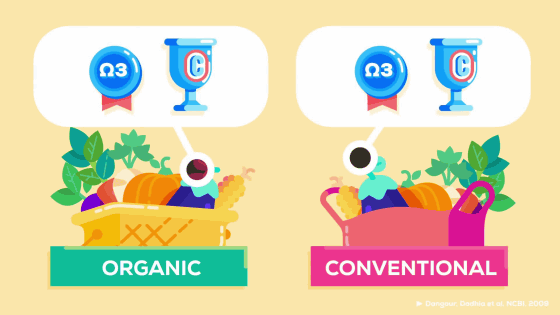
The state that "scientific evaluation is mixed" suggests that the difference in nutritional value is "insignificant".
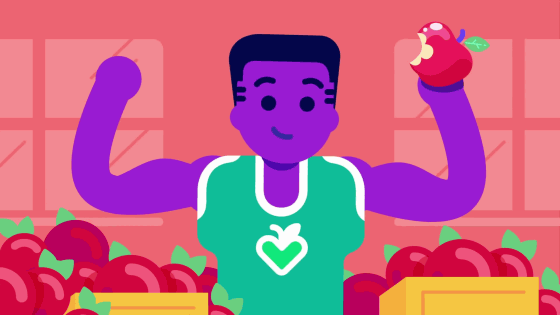
Regardless of whether organic or not, eating fruits and vegetables is generally considered to be good for health. And you should remember that many people are short of fruits and vegetables.

The next question is that "Organic foods are more natural?"
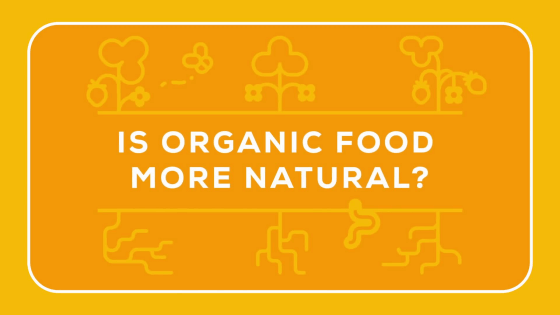
Many people who seek organic foods should have not only "having high nutritional value" but also having the idea of "less harm".

In this regard, there are certainly research results that the residual amount of artificial insecticide is small in organic crops.

However, organic farmers are not banned from using insecticides and "insecticide is low" does not mean "insecticide is zero".
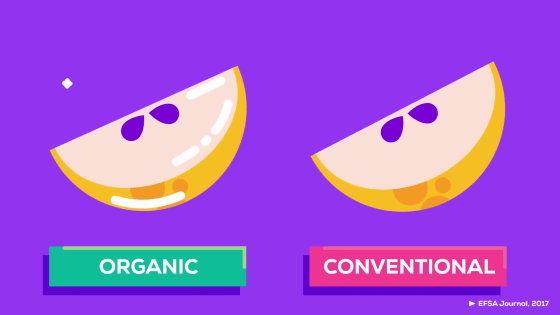
Many organic insecticides are natural toxins such as vegetable oil, sulfur, and sulfuric acid, but there are also artificial substances in them.
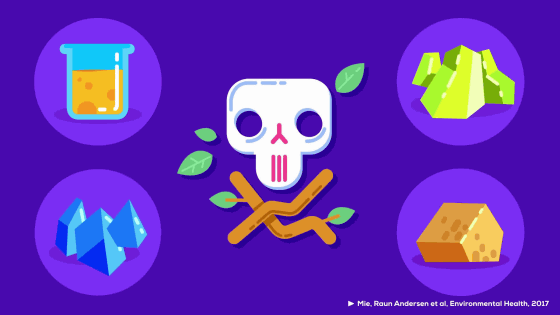
There is no big difference between "organic pesticide" and "ordinary pesticide", so it is not safe to say that organic insecticides are more safe than insecticides that have been used so far.

Copper sulfate (II) is used as an insecticide for organic apple, but copper sulfate (II) is basically more dangerous to the human body than an artificial insecticide. What is toxic to people depends on concentration, and how much poison they are exposed to, and it is not "organic or not".

In French research published in 2018, the relation between "I have never eaten organic food" and "High risk of getting cancer" has been recognized. However, in this study, subjects self-declare what they ate and they did not test how much subjects were exposed to pesticides, so they received many criticisms.

Also in the Danish study in 2018, "The risk of insecticides against adults is shown to be equivalent to drinking a glass of wine every three months".
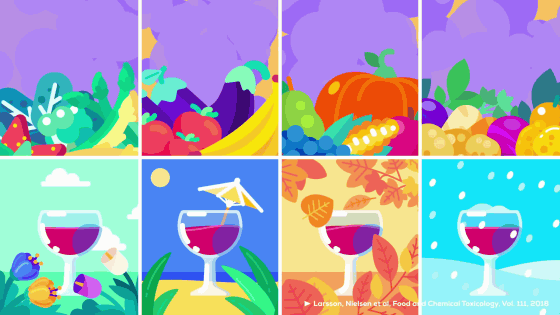
The use of insecticides against crops should be strictly enforced. However, in the United States and the EU countries, pesticide testing is conducted on thousands of food samples every year, and blindly "fighting insecticides" is not fearful.
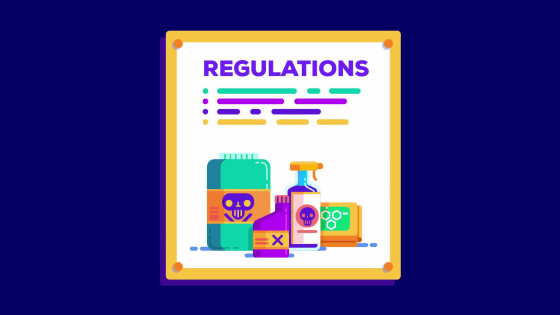
Fungi and bacteria are much more dangerous than insecticides, and in this respect the risk is the same between organic crops and non-organic crops.
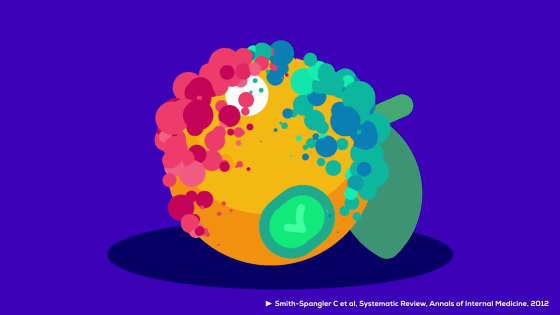
Next, on the question "Is organic food good for the environment?"
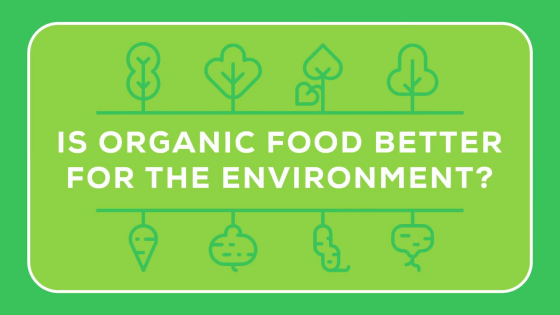
In the meta-analysis that took place in 2017, we examined organic farmers in detail and analyzed about 700 organic / non-organic food manufacturers.
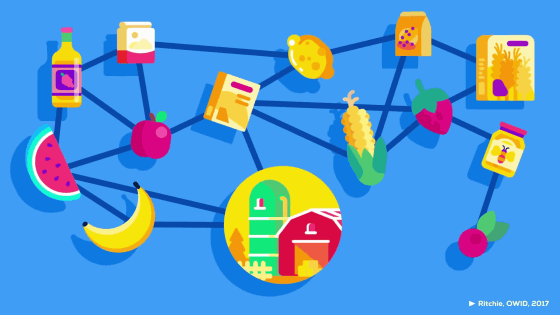
When examining points such as greenhouse gas emissions, energy consumption, necessary land, we found that there is no "clearly environmentally friendly manufacturing method".
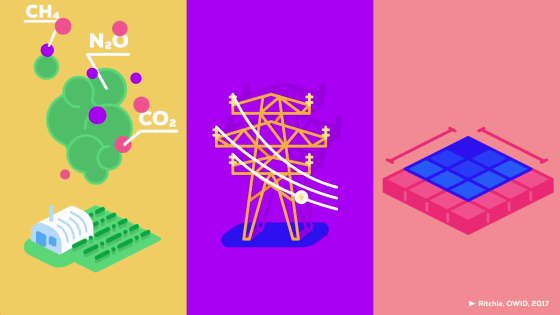
The organic food system has less energy consumption than the traditional manufacturing system, but the greenhouse gas emissions are almost the same, requiring more land instead of less insecticide usage. The influence on the environment of organic food production is mixed with good points and bad points ... ...
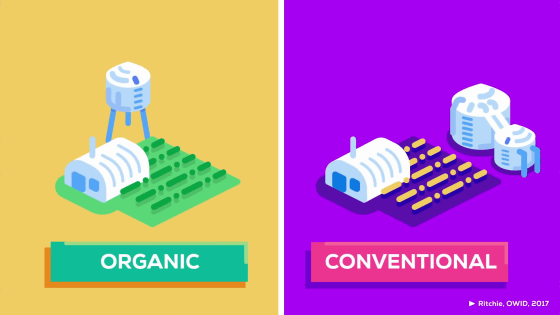
Another survey showed that traditional food production is environmentally friendly for the area of land use and ecotoxicity values are better for organic foods. In short, organic foods can not be said to be environmentally friendly.
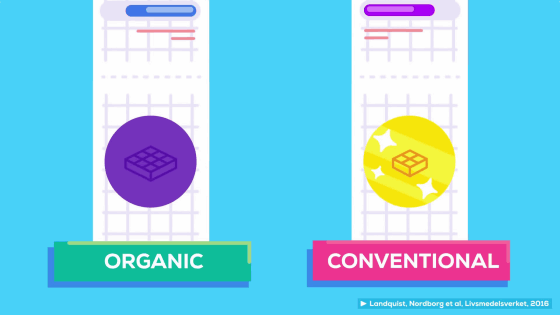
On the other hand, problems may arise if demand for organic foods continues to increase. In Spain, a lot of organic and non-organic crops were raised for export.
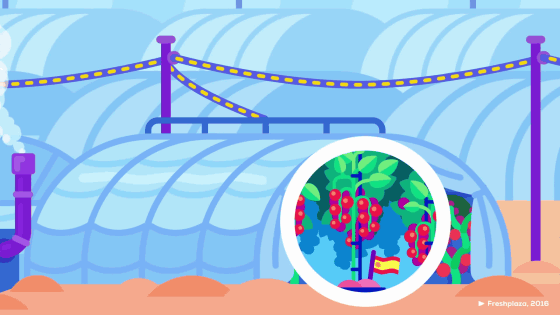
Countries that have become unable to satisfy the demand of organic crops with domestic crops will try to import organic crops from other countries. Demand for international organic crops has therefore increased.
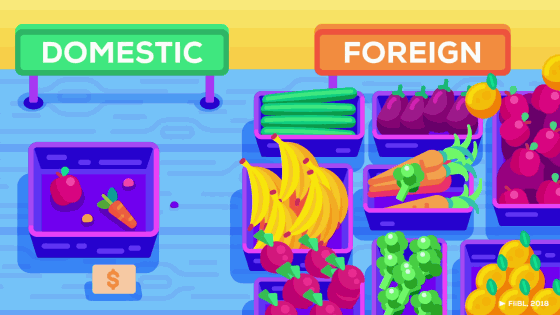
However, international transactions become more complicated ... ...

It is getting harder to guarantee that it meets organic standards in that. People who spoofed effective organic crops, such as talking about ordinary crops that are not organic "organic", came out.
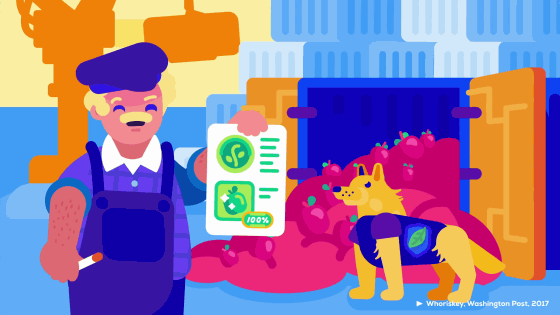
"Organic" does not mean only a simple manufacturing method, it is like an ideology . Purchasing organic food makes you feel "doing the right thing" for children and the environment.
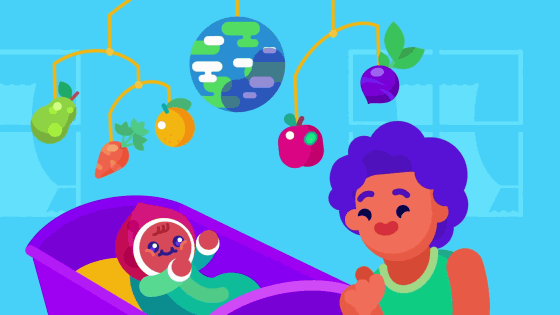
However, it is important not to think that organic food is good and food that is not good is evil, it is important to recognize that there are both good points and bad points. And in order to efficiently produce healthy foods, we need to combine the good points of both.
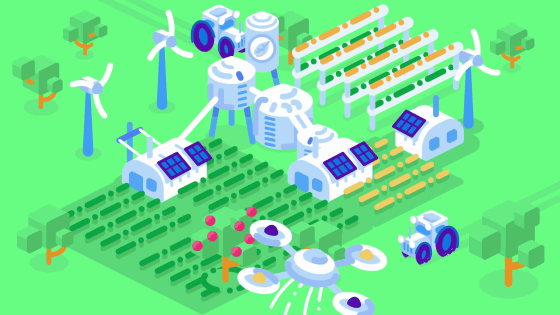
In terms of individual level, we need to think about "what is the problem" separately one by one. If it is intended to "live a healthy life", vegetables and fruits should be purchased regardless of whether organic or not ... ...

If you want to pay attention to the environment, you should recognize "You can not consider the environment by purchasing organic" and buy the seasonal items taken locally.

"What to eat" is much more important than "how it was manufactured".

Related Posts:







